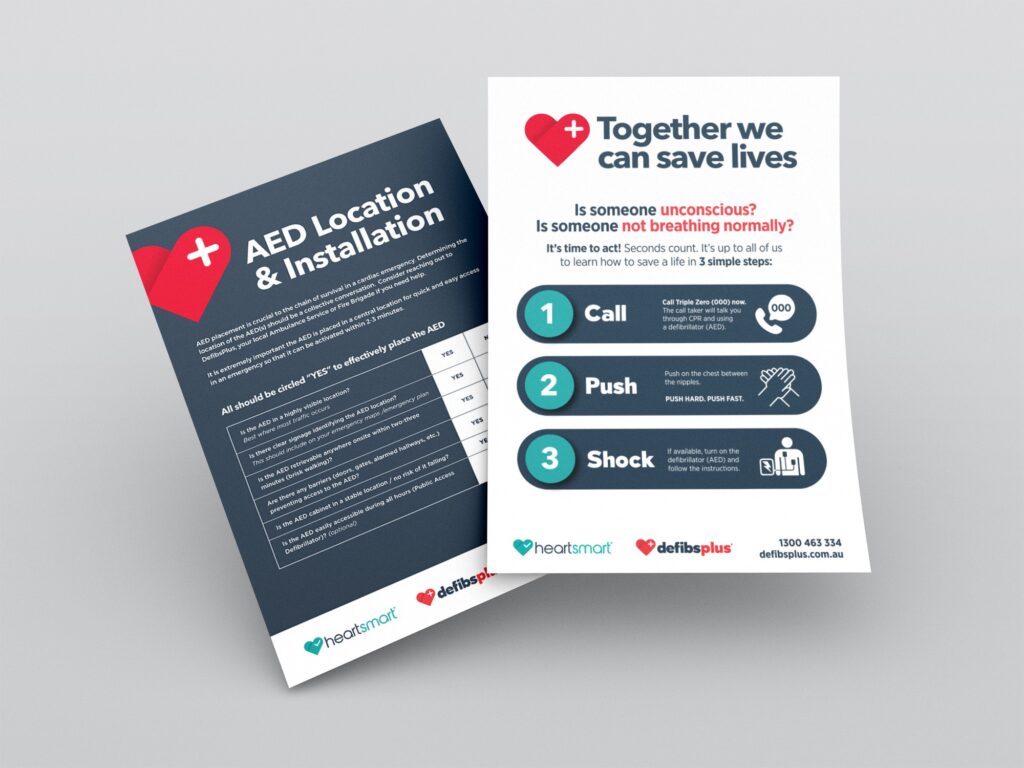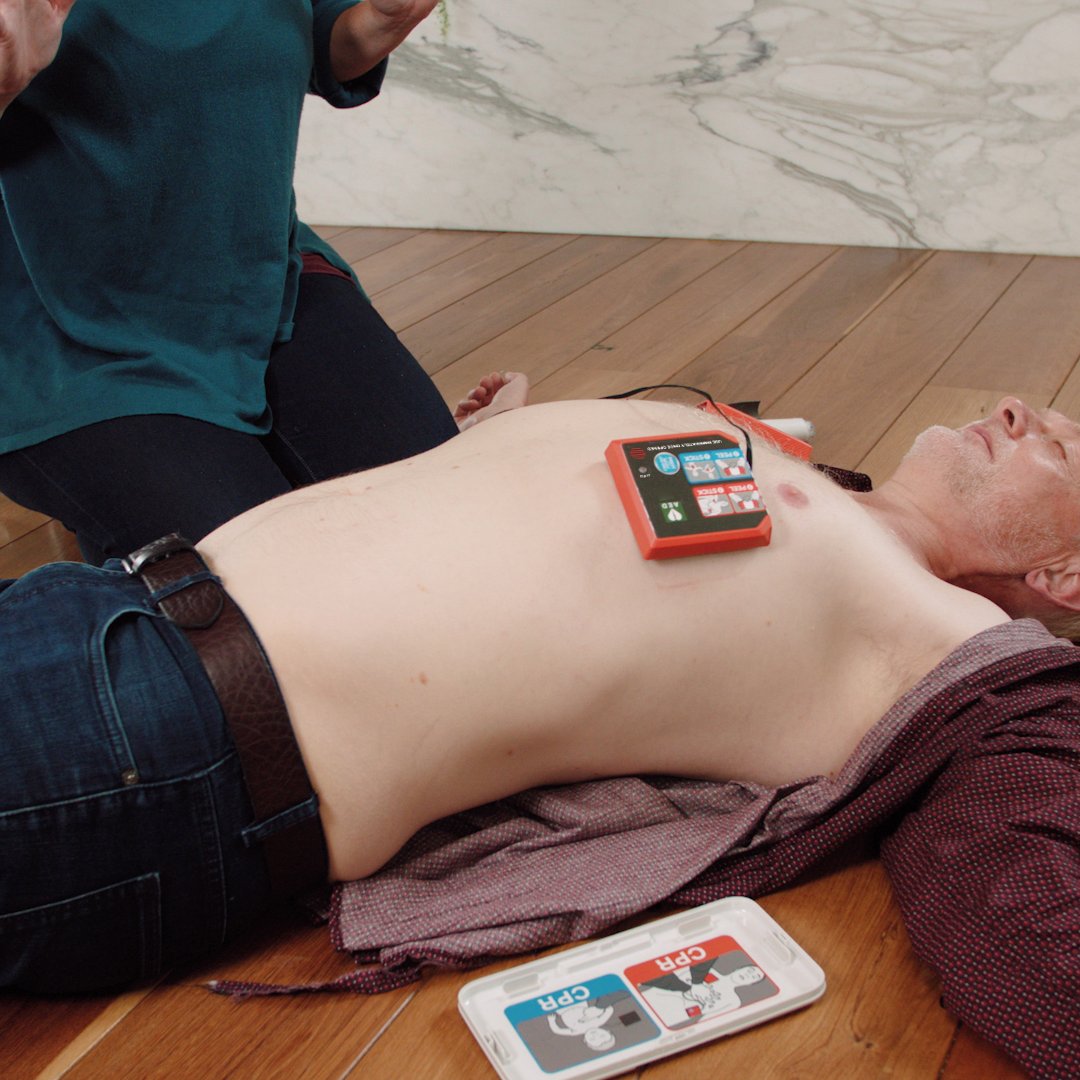

If there’s one thing that symbolises February, it’s the heart! Although your usual heart health month events may be cancelled or restricted, there’s still plenty you can do to support healthy hearts.
If you’ve been looking for a good reason to give up smoking, we’ve found it! Smoking is one of the primary causes of cardiovascular heart disease, a condition that causes one in every four deaths, kills 118 people every day, and costs the economy 5% billion each year. This condition makes you more vulnerable to potentially deadly cardiac events including heart attacks, stroke and sudden cardiac arrest (SCA).
Activities that increase flexibility and promote mental relaxation, like yoga, meditation and tai chi, are great ways to lower your stress levels and take the pressure off your heart. We live busy, stressful lives, which means our bodies are frequently flooded with the stress hormone cortisol. In small doses and the right situations, this hormone is vital to the body – but when we’re living with stress it can make our lives a lot more difficult. It triggers insomnia, anxiety, high blood pressure, and weight gain – none of which are good for our hearts or our mental wellbeing. Meditating just 10 minutes a day can help you manage stress better, sleep better, and lower your risk of serious heart conditions.
Laughter may be the best medicine for your heart! Having a laugh, whether it’s watching a comedy show, going out with friends or watching silly YouTube clips, can lower your blood pressure, help you cope with stress more effectively, boost your immune system, and improve healthy circulation.
Start adding plenty of fresh vegetables and fruits to your diet, focussing on variety and seasonal produce. This will help boost your immune system, improve your weight, and provide plenty of fibre to keep your system healthy. If you are feeling like making a more meaningful change in your life, why not try going vegan or vegetarian? Plant-based diets are low in saturated fats and bad cholesterol while delivering lots of fibre and nutrients and lowering your risk of heart disease.
Getting fit is one of the most important things you can do to protect your heart, helping you maintain a healthy weight, improve blood circulation and boosting your immune system. Of course, being active doesn’t just protect your heart – it is critical for every organ system in your body. Don’t worry, you don’t need to become a marathon runner (unless you want to!) – just 2.5-5 hours of moderate exercise each week is enough to make a big difference in your health, and doing a little exercise is always better than nothing. Being active means finding something you love doing, so think outside the box! From nature walks and yoga to jogging, cycling, pilates, dancing and water aerobics, there is something for everyone.
When you’re shopping (and in a rush), it’s easy to tip groceries into your cart without really looking at them or thinking about what they contain. A lot of products contain surprisingly high amounts of salt, saturated fats and sugar, all of which you are adding to your diet without realising it. Take the time to compare products and see what you are really buying, so you can make the best choices for your diet and your heart health.
An AED is an emergency medical device that can be used to restart a person’s heart when they have gone into SCA, and it’s the only way to save their life. While this tip isn’t so much about your own heart health, it’s essential to building heart safe communities. SCA can happen to anyone, of any age, at any time – it can even happen to people that seem otherwise fit and healthy. It affects about 20,000 people every year and has a mortality rate of 90% – usually because people simply don’t have an AED on hand at their home, school or workplace.
At DefibsPlus, we work to provide public spaces, workplaces and homes with affordable AEDs as well as the training to recognise SCAs and use these simple devices to treat this emergency effectively. In addition, we offer a generous subsidy to help make these critical devices more affordable.
For more information on our products and services or the DefibsPlus subsidy, call 1300 463 344 or use our online form to contact us today. Together, we can save lives.


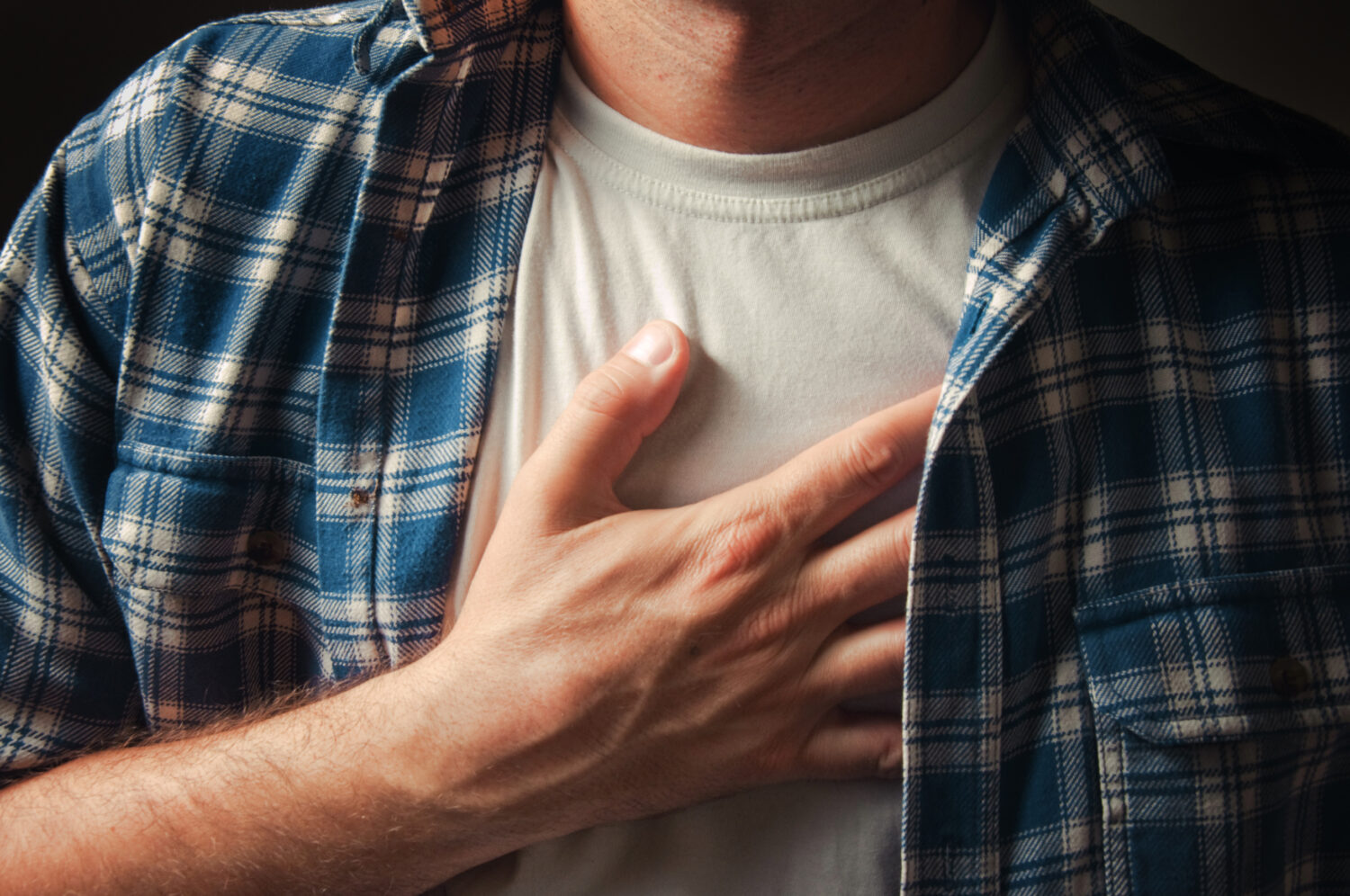
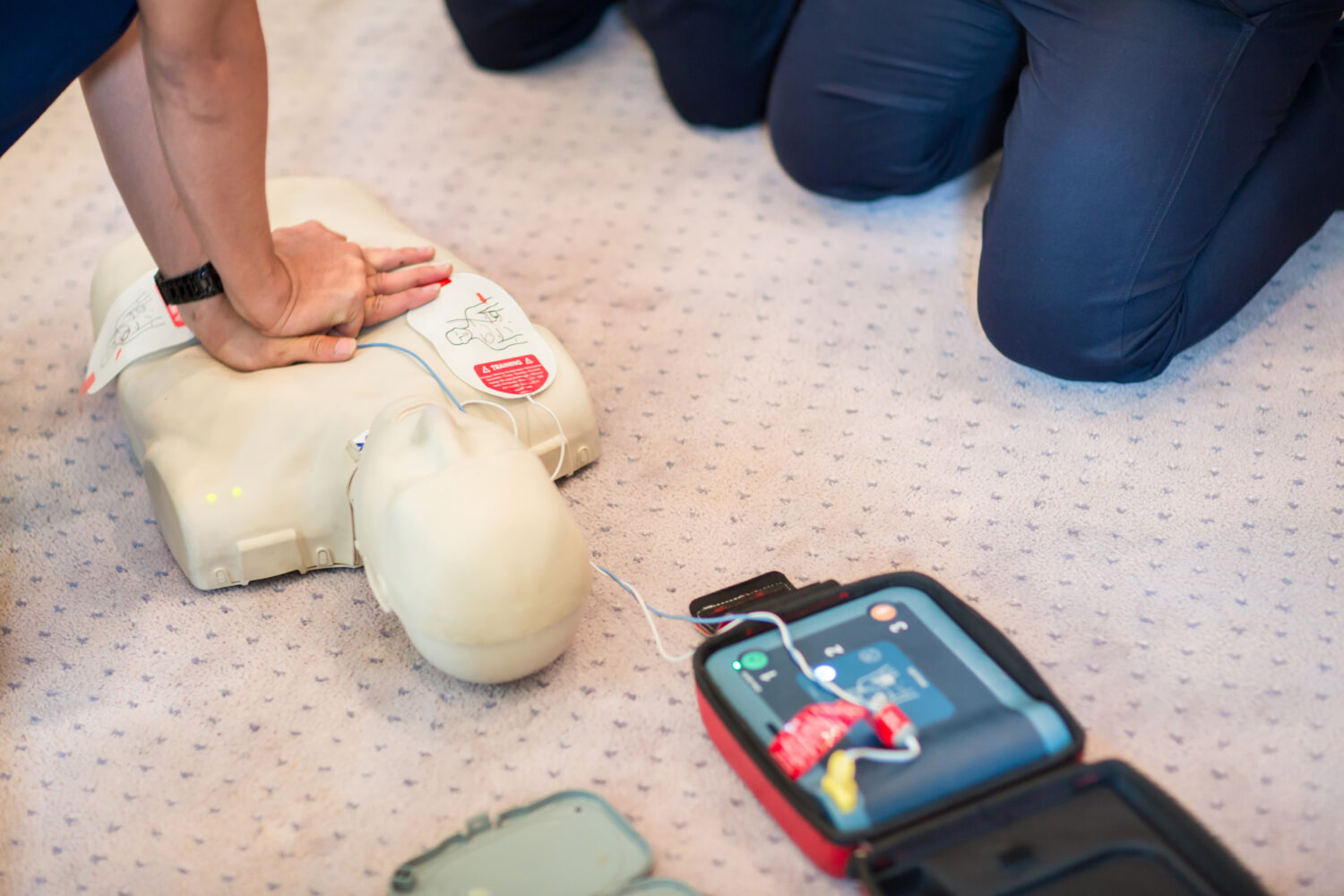
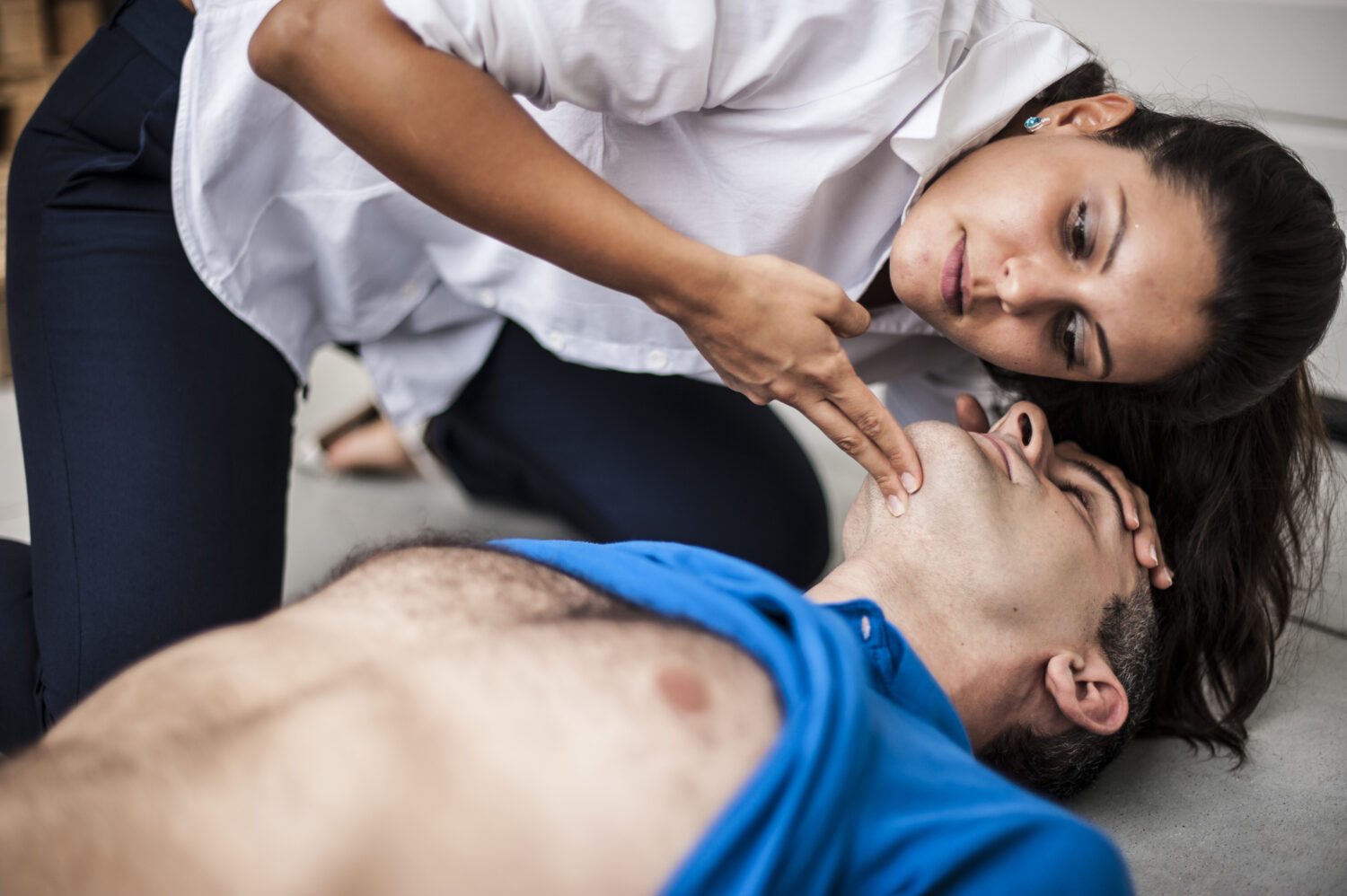
Interested in ordering defibrillator products or training for your organisation? Fill in the form below and a member of our sales team will contact you as soon as possible. Thank you for your interest.

| Resources | Are you COVID-19 safe?, COVID-19 CPR & Defibrillation, Call, Push, Shock, CPR Rapid Action Plan, Chain of survival, How to use an AED, Helpline Support, GoodSAM App, Heart Smart Program, FAQ, AED Checklist, AED Checklist, AED Policy & Procedures, AED Maintenance Checklist |
|---|
